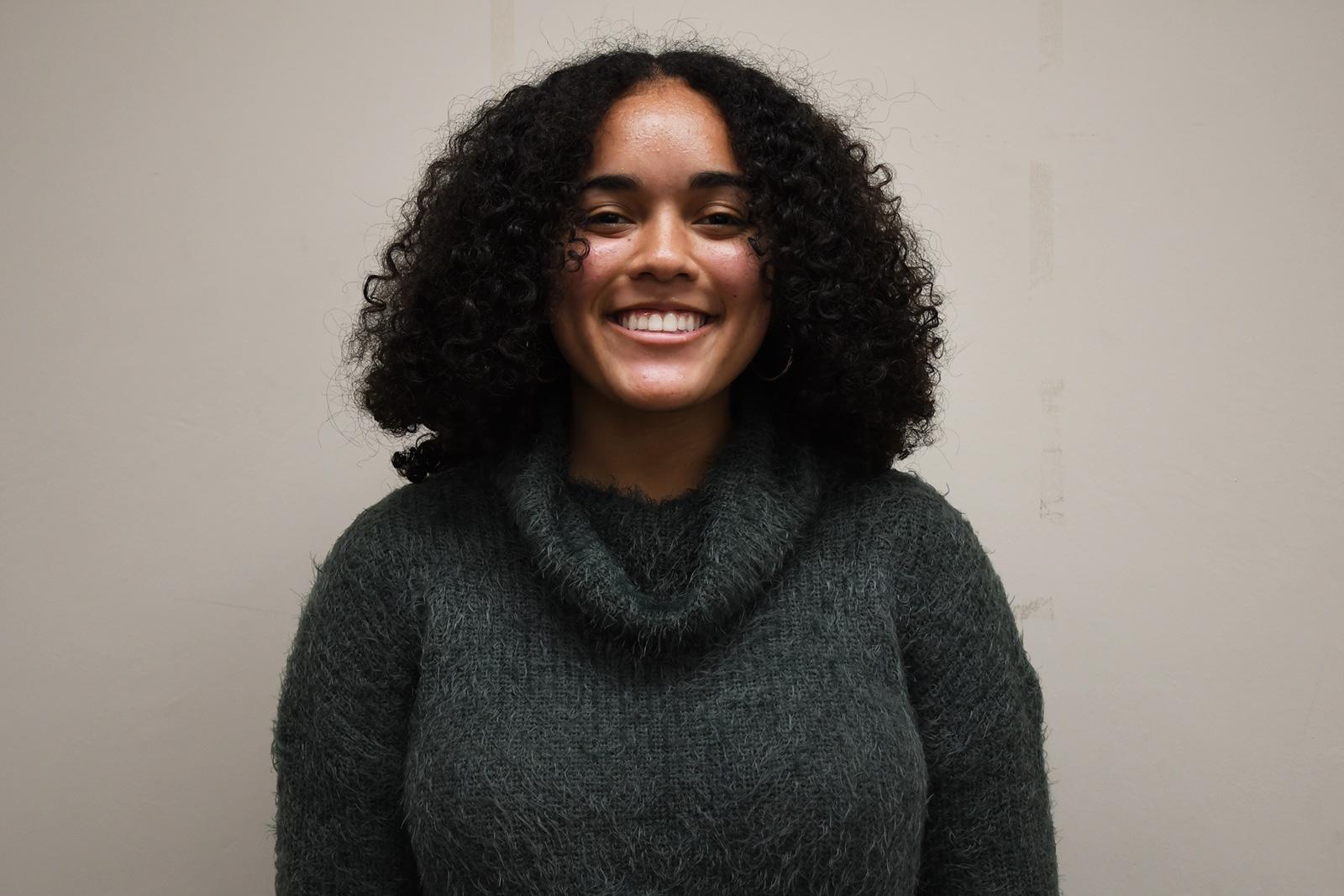I saw a picture of Kim Kardashian wearing cornrows and was immediately thrown off. I thought to myself, those don’t belong to her. She’s not black. But she’s married to a black man and has black children, so it’s okay, right?
Actually, no. Dating anyone who is not the same race or ethnicity as you does not grant you the right to appropriate their culture.
Cornrows are a protective hairstyle that have been worn by African people for thousands of years. Historically, cornrows have held meaning behind them, such as what tribe you are in, your age and your religion — even names hold significance. In the Caribbean, cornrows are often called “canerows” in reference to sugar cane plantations that enslaved African people.
These historical meanings and the pain that comes with cornrows are not meant for the ancestors of colonizers to wear on their heads as some sort of fashion statement. When a white person wears cornrows, it is suddenly “cute” and socially acceptable. They are not “ghetto” or “unprofessional,” but trendy and chic. Meanwhile, black people are continually discriminated against for the various natural hairstyles they wear.
In January of this year, DeAndre Arnold was suspended and told that he might not be able to walk the stage at his graduation because he wouldn’t cut his dreadlocks. The school said the problem was the length of his dreads, and not the style themselves. However, Arnold has worn his hair in this style since the seventh grade as an expression of his heritage. To me, this seems like an attack on the hairstyle, which is also common in the workplace.
Legislation had, and still needs, to be passed in order to protect students like Arnold and others from discrimination based on their hair. California was the first state to ban natural hair discrimination under the CROWN Act in July of 2019. I am glad that legislation has been passed to ensure that people of color no longer have to conform to societal pressures. But, it’s still mind blowing to me that racism and microaggressions are still so deeply ingrained in society that legislation was needed to ensure equality.
It is these reasons — continual racism, discrimination and cultural meaning — that should deter non-African people from wearing these hairstyles. If you are not African, you don’t understand the pain behind cornrows and quite frankly, your hair doesn’t even have the texture for them.
So, when I see people like Kim Kardashian wearing cornrows, I get frustrated. Even though Kim is Armenian-American and has a black husband, that doesn’t excuse her actions. Instead of trying to take the culture as her own, she can try and understand more about it.
If you are in a relationship with a black person and have children, learn to do the hairstyles on them. Learn how to do cornrows and braids. Learn about the history and pain that comes with the various natural hairstyles they can wear. But don’t take it upon yourself to wear your hair like them.
Kim and others who are not black wouldn’t wear those hairstyles if they were punished by society for it, but they get away with it because of the privilege that comes with being a white person in America. You can date a black person and wear cornrows for fun. You can go to some tropical vacation and get braids for an Instagram picture. You can then take these styles off and any prejudice that may come with them.
But Black people cannot. Black people will always be looked at differently because of their hair and the color of their skin.
It is ignorant and unfair to take advantage of a relationship for cultural appropriation, and any reason for that matter. If you are not black, do not try and take black culture as your own. Plenty of things have been taken from black people — freedom, justice, equality, rights. Natural hairstyles with significant cultural meaning do not need to be added to the list.





















































































































